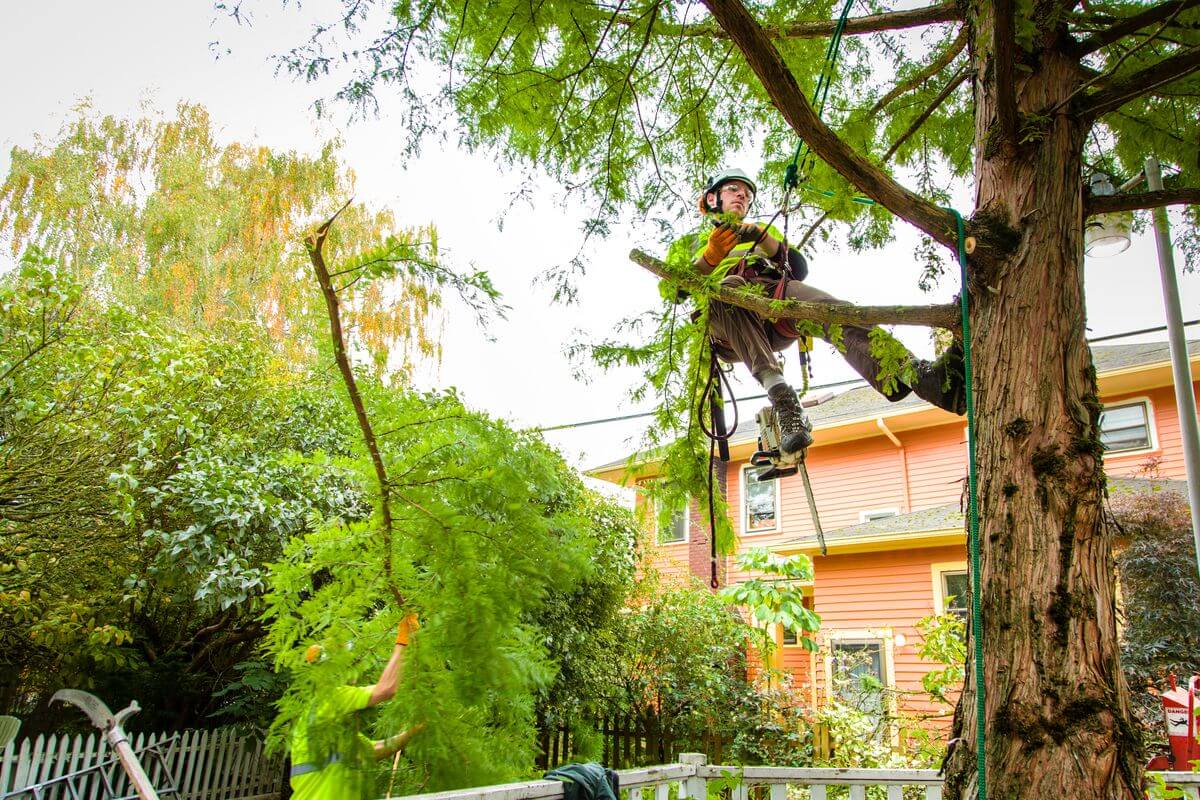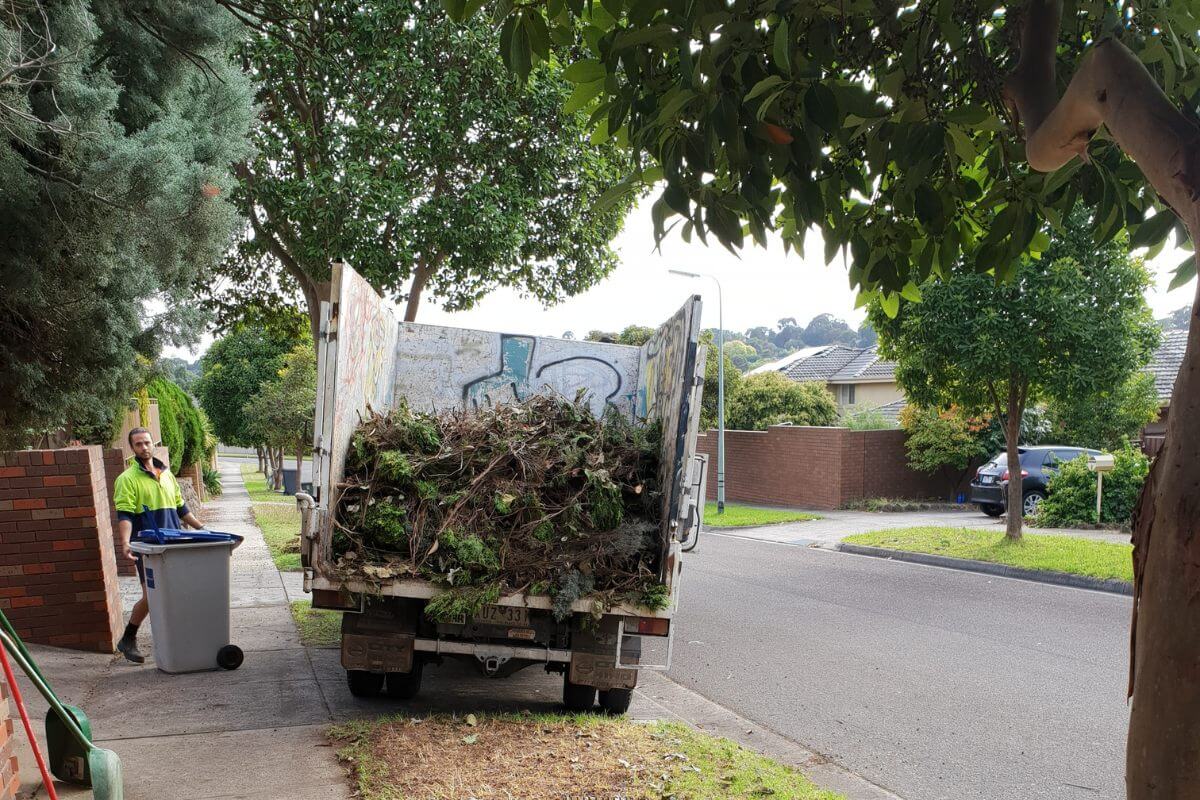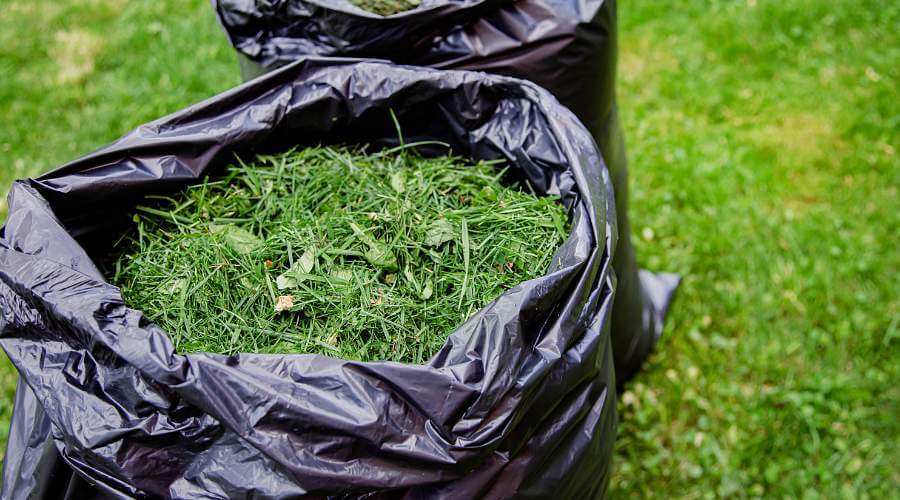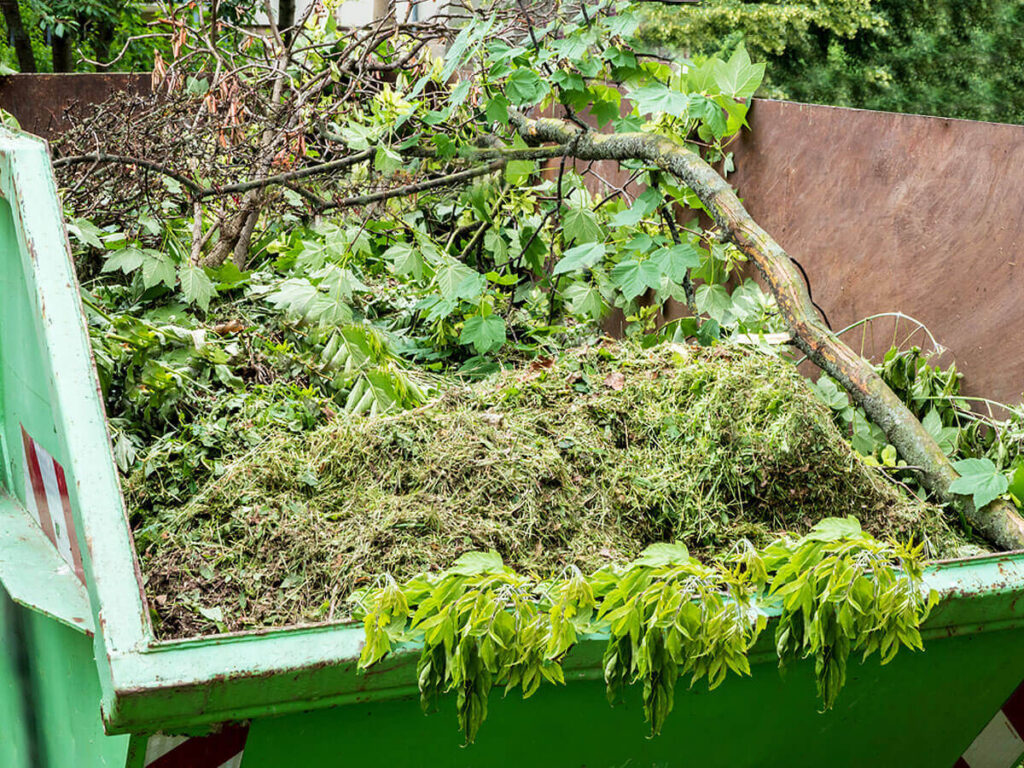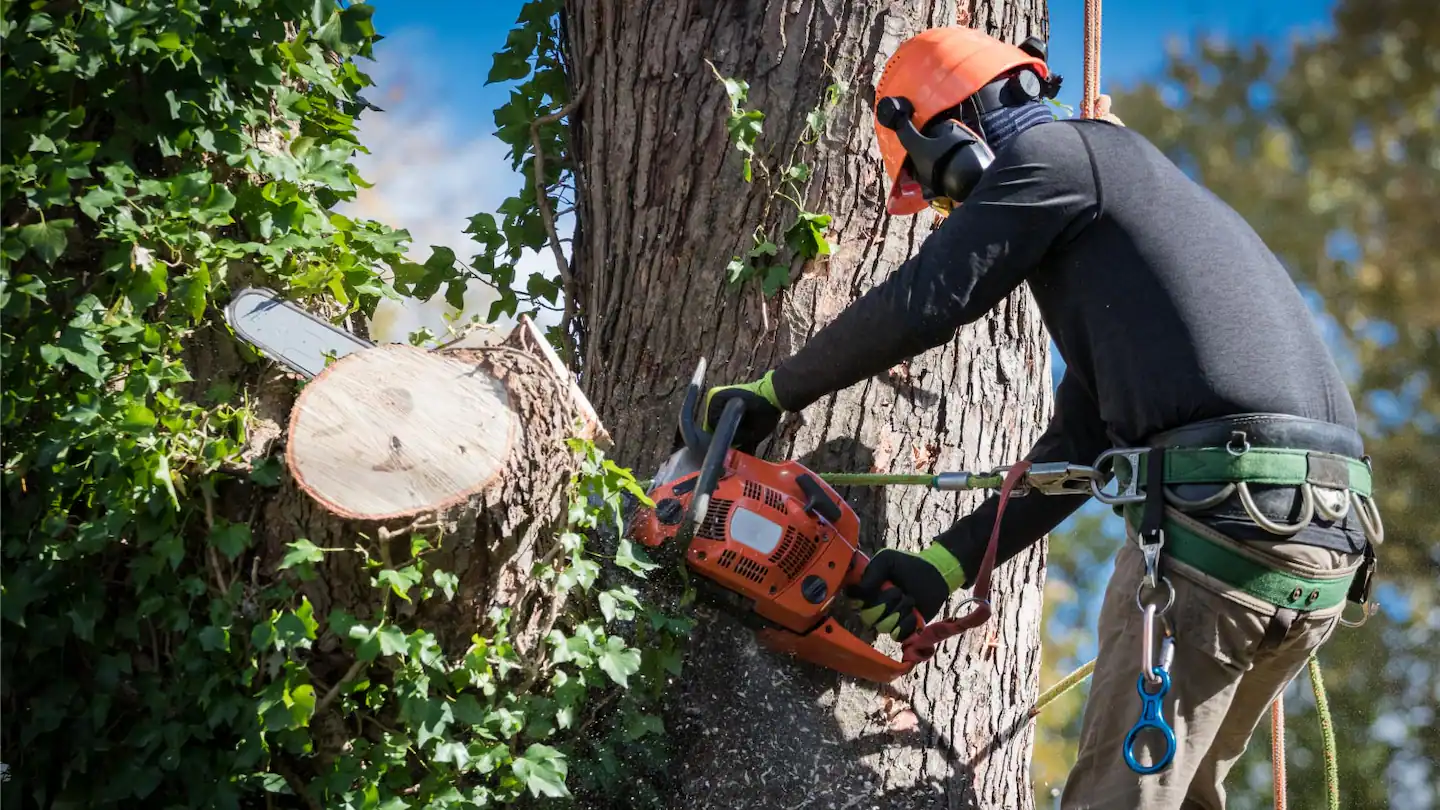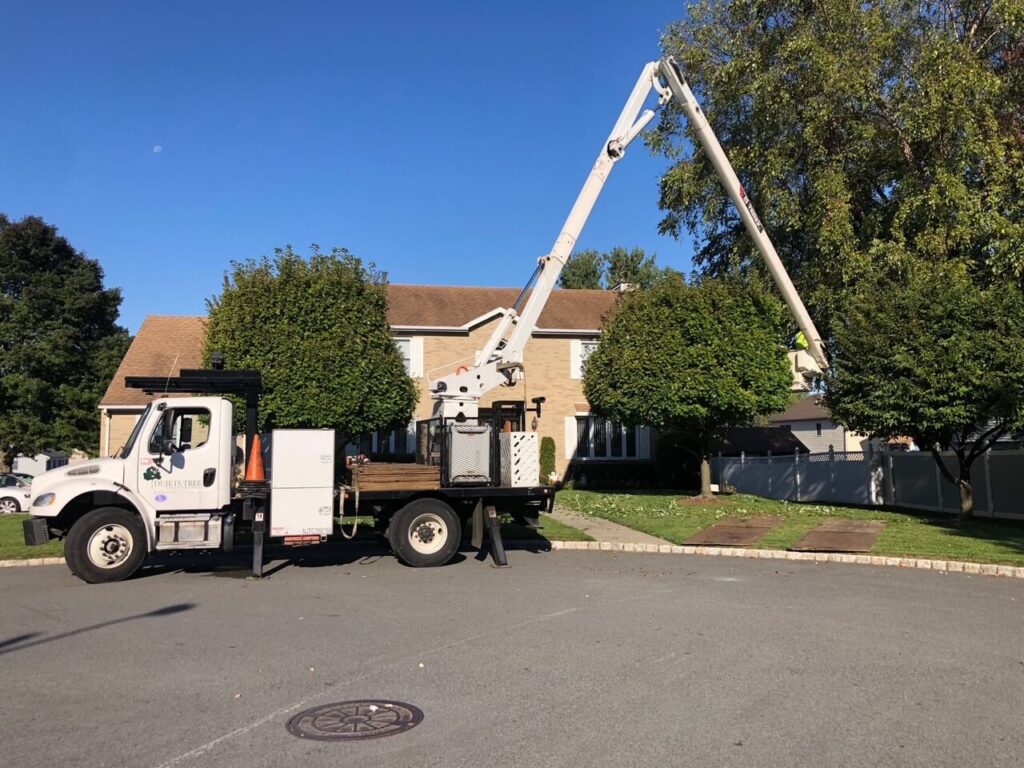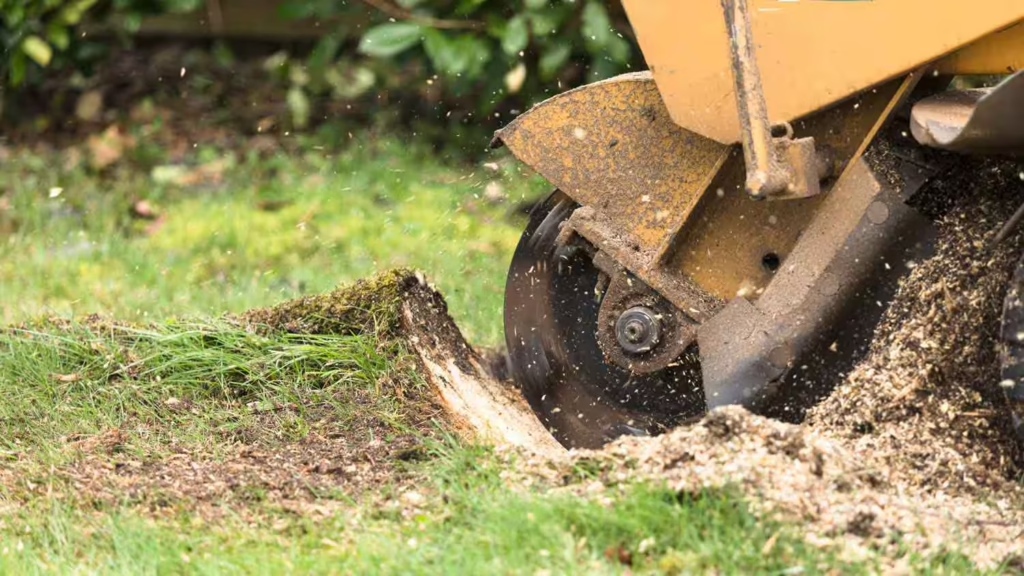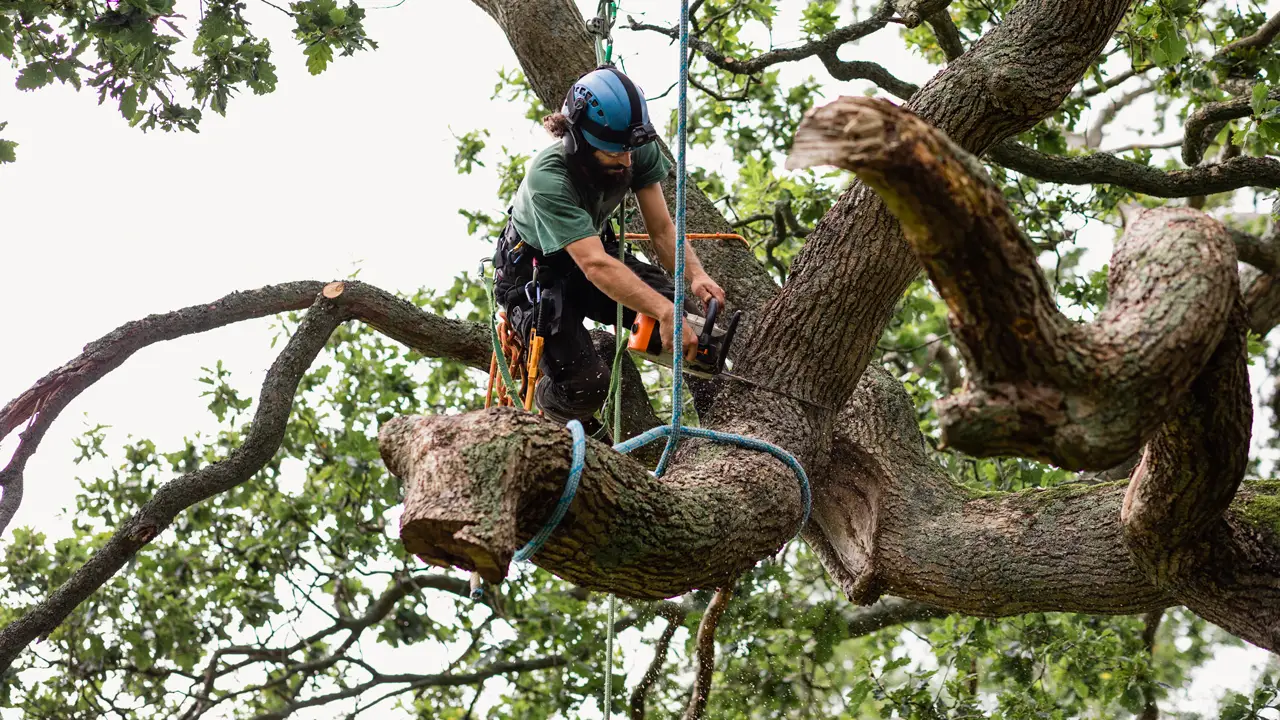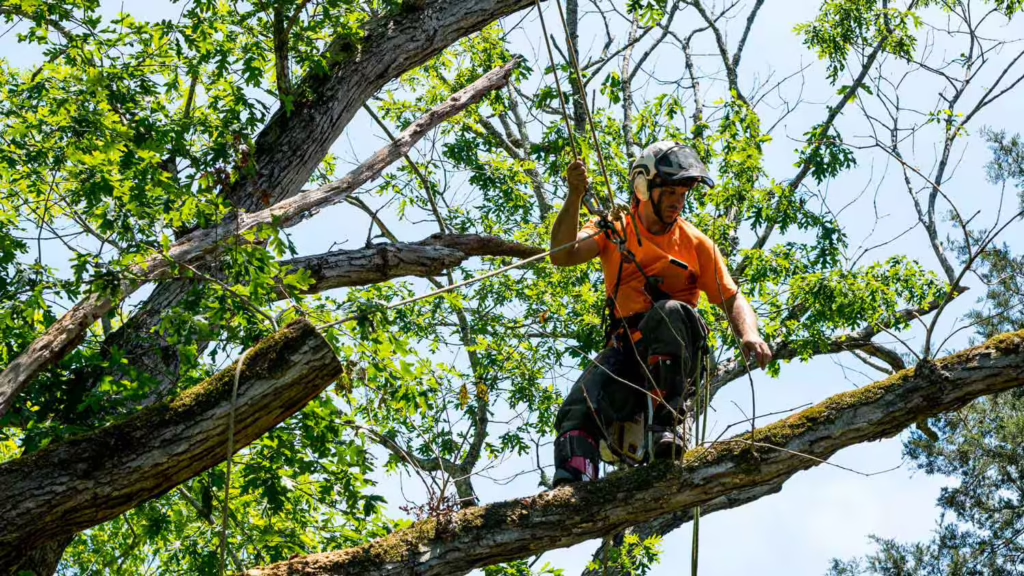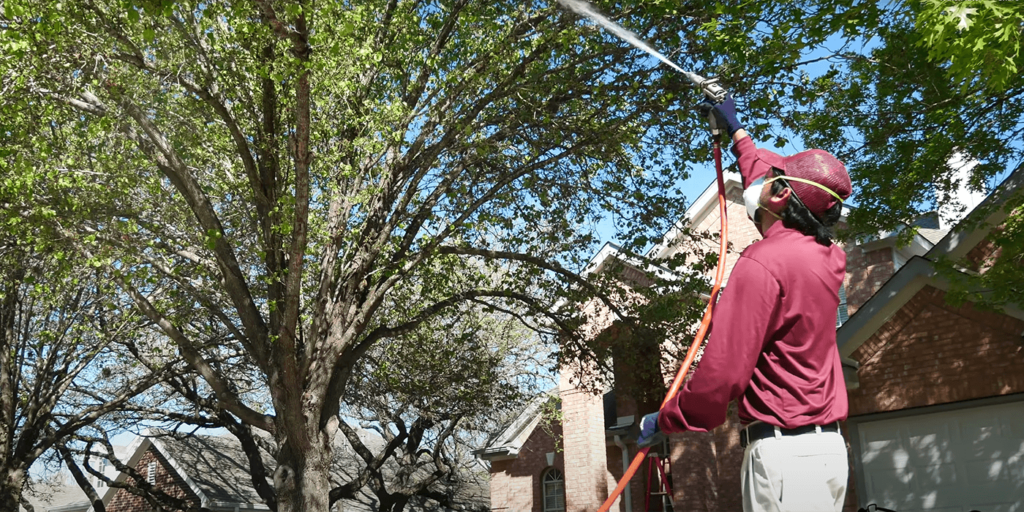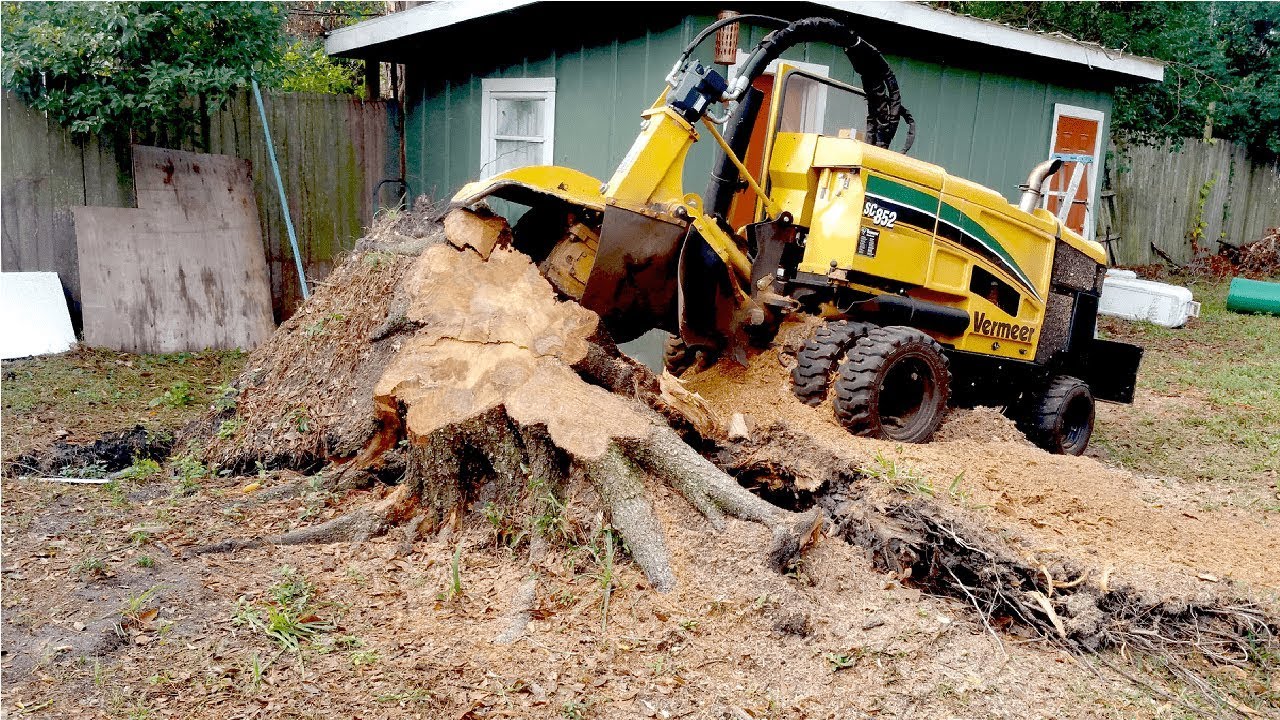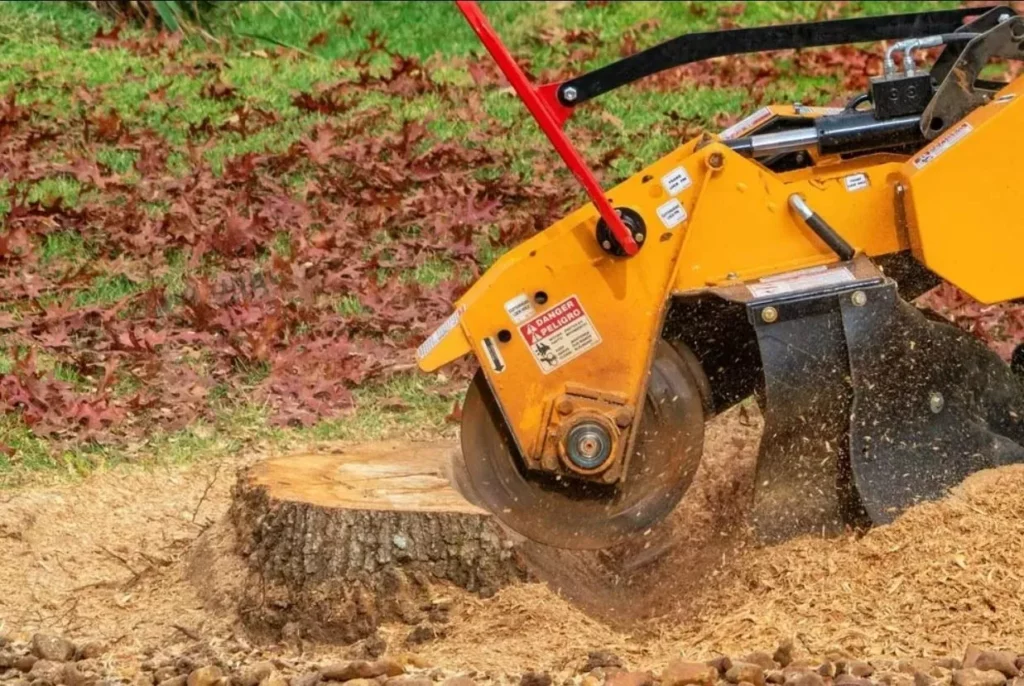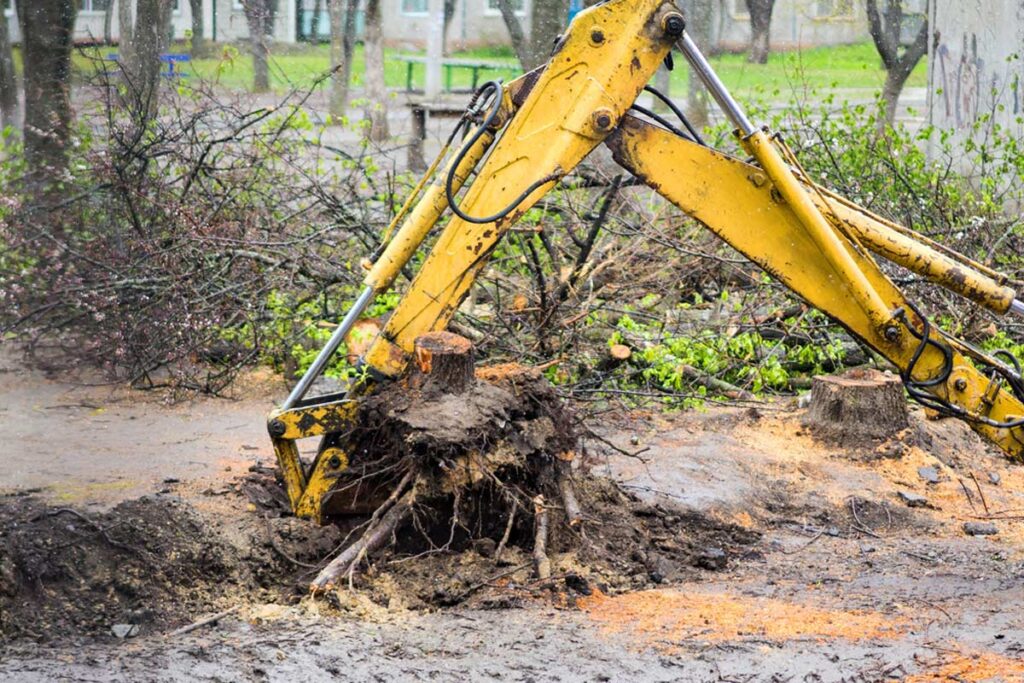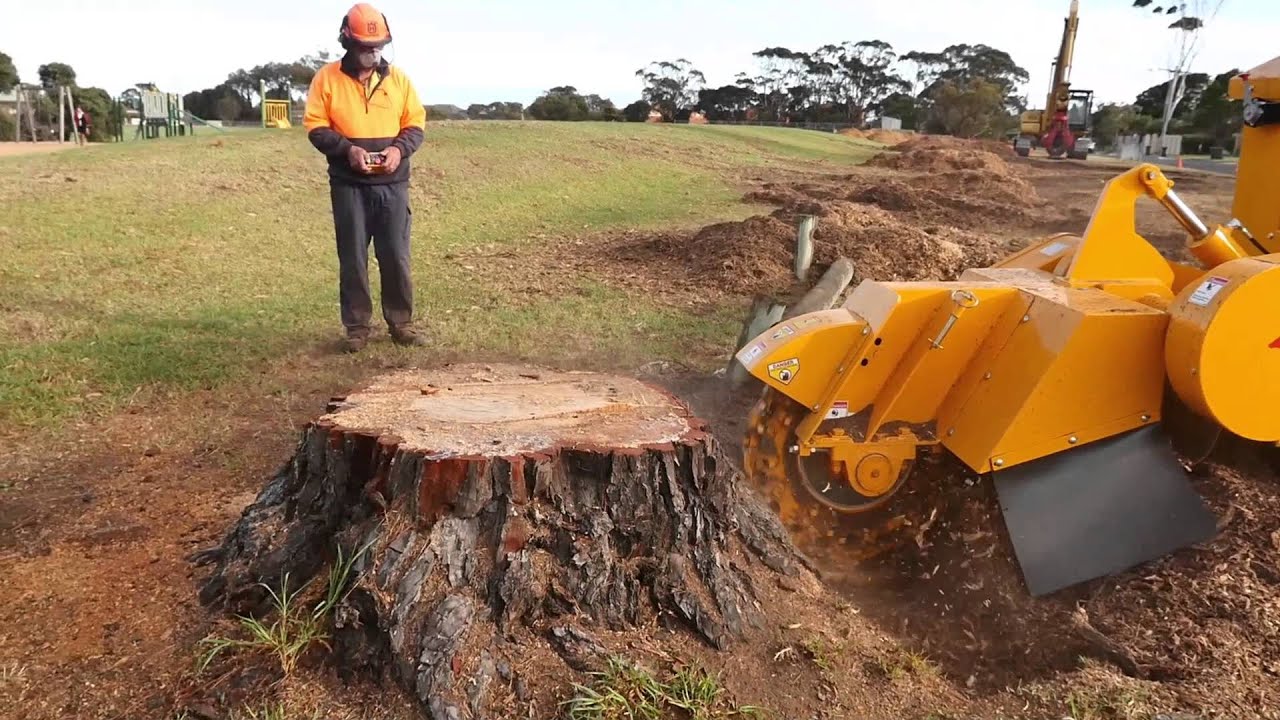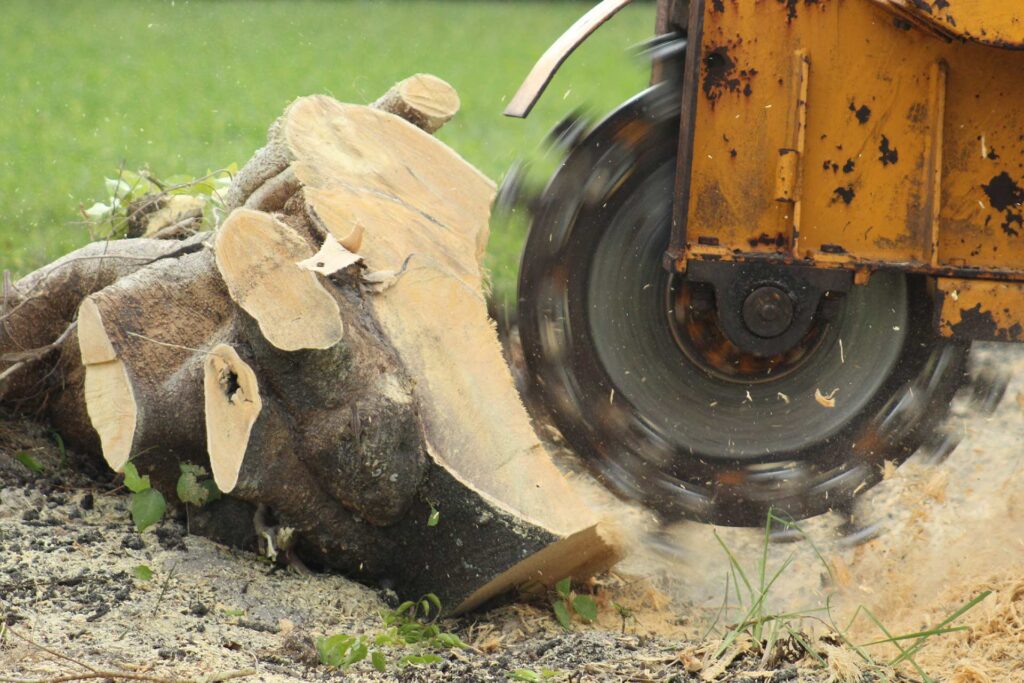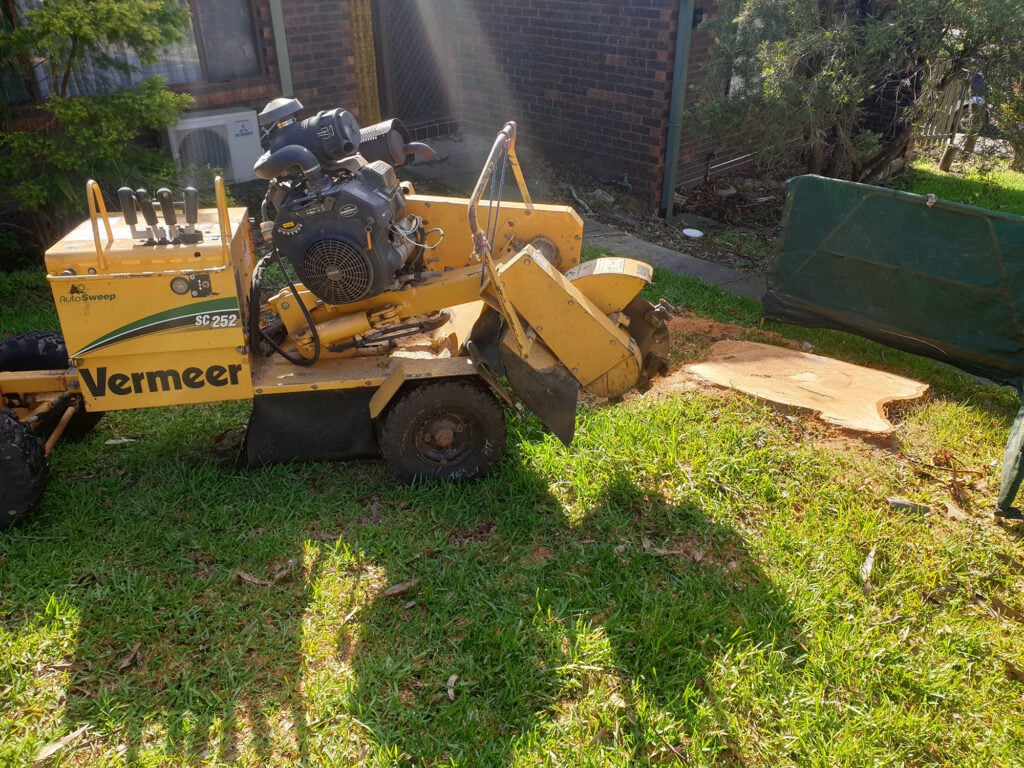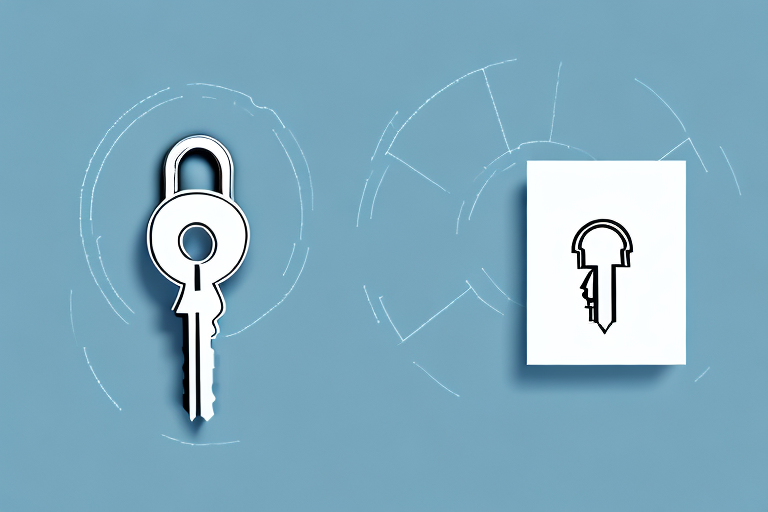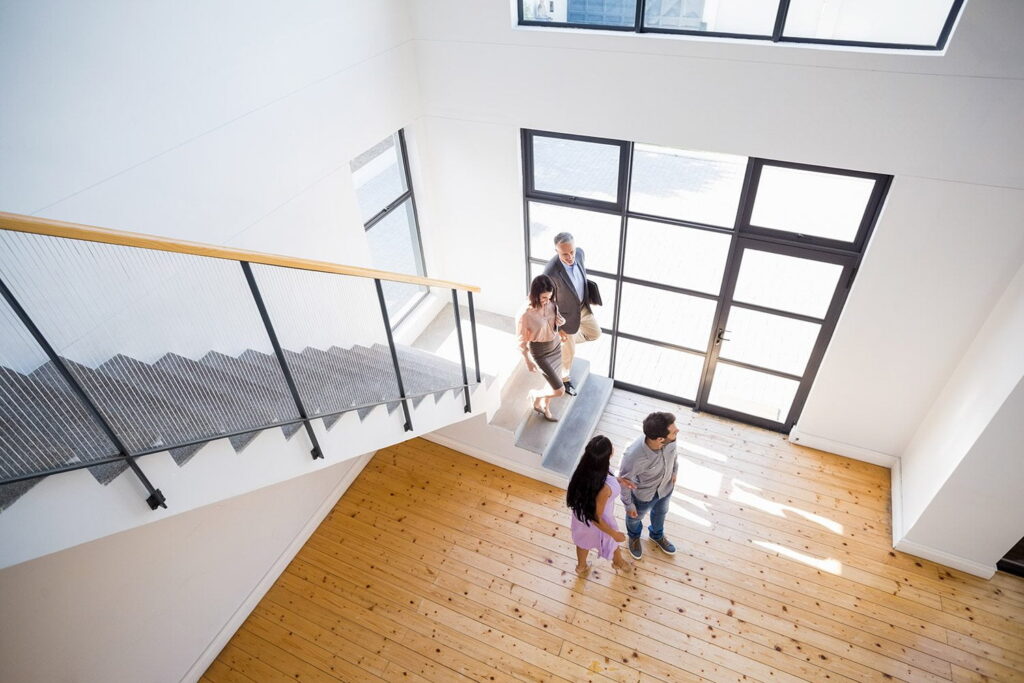Tree pruning is a vital component of tree care and maintenance. By removing dead or diseased branches, pruning encourages healthy growth and promotes the overall well-being of trees. It is a process that requires expertise and precision to ensure optimal results. In this article, we will explore the importance of tree pruning, different types of pruning services, the pruning process itself, how to select a professional pruning service, and debunk common misconceptions about tree pruning.
Selecting a Professional Tree Pruning Service
When it comes to tree pruning, it is crucial to choose a professional and experienced service provider. Consider the following factors before hiring a pruning service:
Tree pruning is not just about cutting branches; it is a delicate process that requires knowledge and expertise to ensure the health and aesthetics of your trees. Professional tree pruning services can help maintain the structural integrity of the tree, promote growth, and reduce the risk of disease or pest infestation. By investing in a reputable tree pruning service, you are not only enhancing the beauty of your landscape but also prolonging the life of your trees.
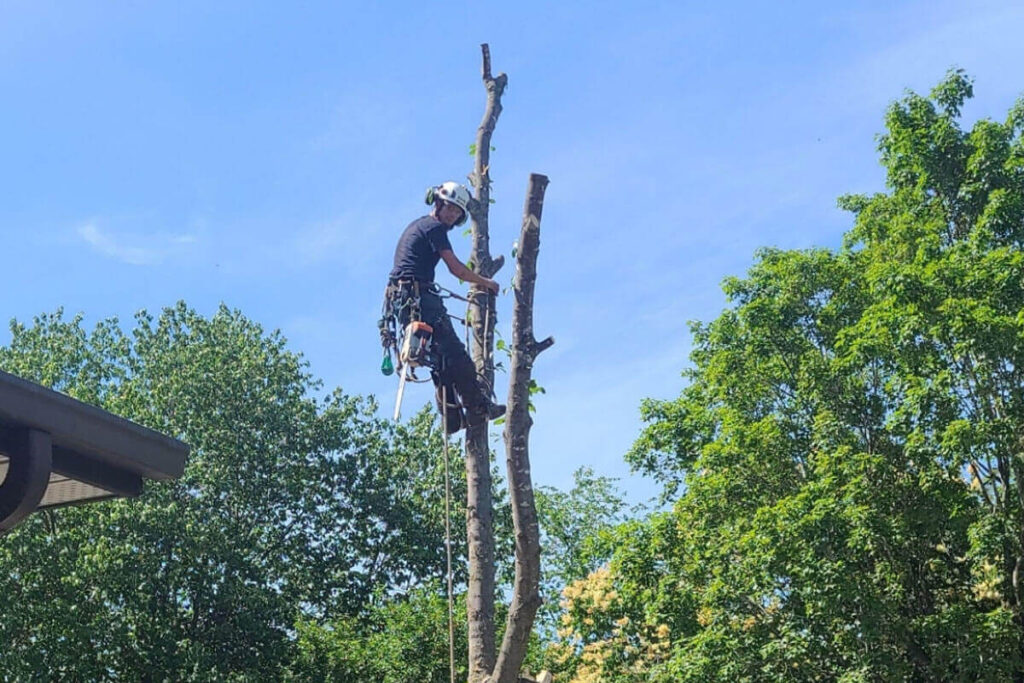
Factors to Consider When Hiring
Experience and Certification
Ensure that the service provider has extensive experience in tree pruning and is certified by recognized arboricultural organizations.
Insurance and Liability Coverage
Verify that the company has liability insurance to protect you and your property in case of any accidents or damages during the pruning process.
References and Reviews
Check for references and read reviews from previous clients to gauge the service provider’s reputation and quality of work.
Equipment and Safety Measures
Inquire about the equipment used by the service provider and their commitment to safety protocols to ensure that the pruning process is carried out efficiently and without any risks.
It’s essential to choose a tree pruning service that values safety and follows industry best practices. Proper pruning techniques not only enhance the tree’s health but also prevent potential hazards such as falling branches or structural weaknesses. By selecting a service provider with a focus on safety and quality, you can rest assured that your trees are in good hands.
Questions to Ask a Potential Service Provider
- What pruning techniques do you use and why?
- Can you provide references from previous clients?
- Do you have certifications or training in arboriculture?
- What safety measures do you have in place during the pruning process?
- Will you provide post-pruning care guidance?
Asking the right questions can help you assess the expertise and professionalism of a tree pruning service. Understanding their approach to pruning, safety measures, and willingness to provide post-pruning care guidance can give you confidence in their abilities to meet your tree care needs. Remember, investing in a reputable tree pruning service is an investment in the health and longevity of your trees.
Understanding the Importance of Tree Pruning
Pruning plays a crucial role in maintaining tree health. It involves the removal of dead or dying branches, which not only improves the appearance of trees but also prevents insects and diseases from spreading. Additionally, pruning allows for better air circulation and sunlight penetration, which are essential for the growth and development of trees.
The Role of Pruning in Tree Health
Pruning helps in maintaining the structural integrity of trees. By eliminating weak or unstable branches, it reduces the risk of falling limbs during storms or high winds. Regular pruning also promotes the growth of strong lateral branches, ensuring a sturdy framework for the tree.
Benefits of Regular Tree Pruning
Regular pruning offers various benefits, including improved aesthetics, increased fruit production, and enhanced safety. It helps shape the tree, making it visually appealing and enhancing the overall landscape. Pruning fruit trees stimulates the growth of new fruitful branches and improves the quality of the yield. Additionally, by removing dead or overhanging branches, pruning eliminates potential hazards, protecting people and property from falling debris.
Furthermore, proper pruning techniques can also help in rejuvenating older trees. As trees age, they may develop dense canopies that limit sunlight exposure to lower branches. Strategic pruning can open up the canopy, allowing sunlight to reach inner branches and stimulate new growth. This rejuvenation process can revitalize older trees, extending their lifespan and enhancing their overall health.
Environmental Impact of Tree Pruning
Another important aspect of tree pruning is its positive environmental impact. Pruning helps trees become more resilient to harsh weather conditions, such as strong winds and heavy snow. By reducing the weight and wind resistance of tree canopies, pruning minimizes the risk of branch breakage and uprooting during storms, thus contributing to a safer outdoor environment for both humans and wildlife. Click here to get why professional tree services are crucial for your yard’s health.
Different Types of Tree Pruning Services
Tree pruning services encompass different techniques tailored to specific requirements. Some commonly used pruning methods include crown thinning, crown lifting, and crown reduction.
When it comes to maintaining the health and aesthetics of your trees, understanding the various pruning techniques available can make a significant difference. Each method serves a specific purpose and can contribute to the overall well-being of the tree and its surroundings.
Crown Thinning and Its Advantages
Crown thinning involves the removal of select branches throughout the crown to reduce density. This allows for better airflow and light penetration, preventing the tree from being susceptible to diseases. Crown thinning also helps in balancing the weight distribution of the tree, reducing the risk of limb failure.
By carefully selecting which branches to remove, arborists can enhance the tree’s natural shape and promote healthy growth. This technique is particularly beneficial for trees that have dense canopies or are located in areas with limited sunlight.
The Purpose of Crown Lifting
Crown lifting involves the removal of the lower branches of a tree, creating clearance between the branches and the ground or surrounding structures. It is primarily done to improve visibility, enhance access, and prevent obstruction of walkways or driveways. Crown lifting also allows more sunlight to reach the lower parts of the tree, supporting the growth of understory vegetation.
By lifting the crown of a tree, arborists can create a more open and inviting space underneath, ideal for landscaping or recreational activities. This technique is often employed in urban areas where space is limited, and trees need to coexist harmoniously with infrastructure.
Crown Reduction and Its Impact
Crown reduction is the process of reducing the overall size of the tree’s crown by selectively pruning branches. This technique helps in balancing the tree’s canopy, making it more resistant to wind damage and reducing the risk of branch failure. Crown reduction is often performed when a tree outgrows its allotted space or poses a hazard due to its proximity to utility lines or structures.
When executed correctly, crown reduction can rejuvenate older trees, prolonging their lifespan and improving their structural integrity. This method requires precision and expertise to ensure that the tree maintains its natural form while addressing any safety concerns or space constraints.
The Process of Tree Pruning
Tree pruning involves several steps, starting with an initial assessment and planning, followed by the execution of pruning techniques and post-pruning care.
Initial Assessment and Planning
Prior to pruning, a professional arborist assesses the tree’s condition, taking into account its species, age, and overall health. They identify any specific problems, such as disease or structural issues, and devise a pruning plan tailored to the tree’s needs. This assessment ensures that the pruning process is carried out effectively and safely.
During the initial assessment, the arborist also considers the tree’s surroundings. They take into account factors such as nearby structures, power lines, and other vegetation that may affect the pruning process. By carefully evaluating these factors, the arborist can determine the best approach to safely prune the tree without causing any damage or disruptions.

Execution of Pruning Techniques
Once the assessment is complete, the pruning process begins. The arborist carefully removes the specified branches, following established pruning techniques. These techniques include the use of proper cutting tools, such as pruning saws and shears, and the application of correct pruning cuts to minimize damage to the tree. The arborist ensures that each cut is made at the appropriate location, considering the branch collar and branch bark ridge.
During the execution of pruning techniques, the arborist also pays attention to the tree’s natural growth patterns. They aim to maintain the tree’s structural integrity and enhance its overall appearance. By selectively removing branches, the arborist can improve the tree’s shape, promote better airflow, and reduce the risk of potential hazards.
Post-Pruning Care and Maintenance
After the pruning is completed, it is essential to provide post-pruning care to aid in the tree’s recovery and future growth. Adequate watering, mulching, and monitoring for signs of stress or disease are crucial to ensure the tree’s overall health. Regular inspections by a professional arborist can help identify any potential issues and address them promptly.
In addition to these measures, the arborist may recommend specific fertilization or treatment plans to support the tree’s recovery. They may also provide guidance on proper pruning intervals to maintain the tree’s health and appearance over time. By following these post-pruning care and maintenance practices, the tree can thrive and continue to enhance its surroundings for years to come.
Common Misconceptions About Tree Pruning
There are several misconceptions surrounding tree pruning. Let’s debunk some of the most common ones:
Debunking Pruning Myths
- Myth: Pruning is only necessary for older trees.
Reality: Pruning is essential for trees of all ages to maintain their health, shape, and structural integrity. - Myth: Pruning wounds the tree and slows down its growth.
Reality: When performed correctly, pruning promotes healthy growth and helps the tree develop a robust framework. - Myth: Any pruning technique can be used on any tree.
Reality: Different tree species require specific pruning techniques and timing, making professional knowledge crucial for effective pruning.
The Truth About DIY Pruning
While pruning may seem like a task that can be done by anyone, it is best left to the professionals. DIY pruning can often lead to improper cuts, inadequate techniques, and potential damage to the tree. Hiring a professional arborist ensures that the pruning process is carried out correctly, promoting tree health and longevity.
But what happens if tree pruning is neglected altogether? Without regular pruning, trees can become overgrown, leading to a variety of issues. Overgrown branches can become entangled with power lines, posing a safety hazard. Additionally, crowded branches can block sunlight from reaching the lower parts of the tree, inhibiting healthy growth and potentially causing the tree to become weak and susceptible to disease.
Furthermore, neglecting tree pruning can impact the surrounding environment. Overgrown trees can cast excessive shade, affecting the growth of nearby plants and grass. They can also obstruct views and reduce property values. By investing in professional tree pruning services, we not only ensure the health and safety of our trees but also contribute to a more aesthetically pleasing and harmonious environment.
Tree pruning services are vital for the healthy growth and maintenance of trees. By understanding the importance of pruning, familiarizing ourselves with the different pruning techniques, and selecting professional pruning services, we can ensure the well-being of our trees and the safety of our surroundings. Let’s debunk the misconceptions and embrace the facts about tree pruning for a greener and healthier environment.
See Also: Top Green Waste Removal Services for a Cleaner Environment

